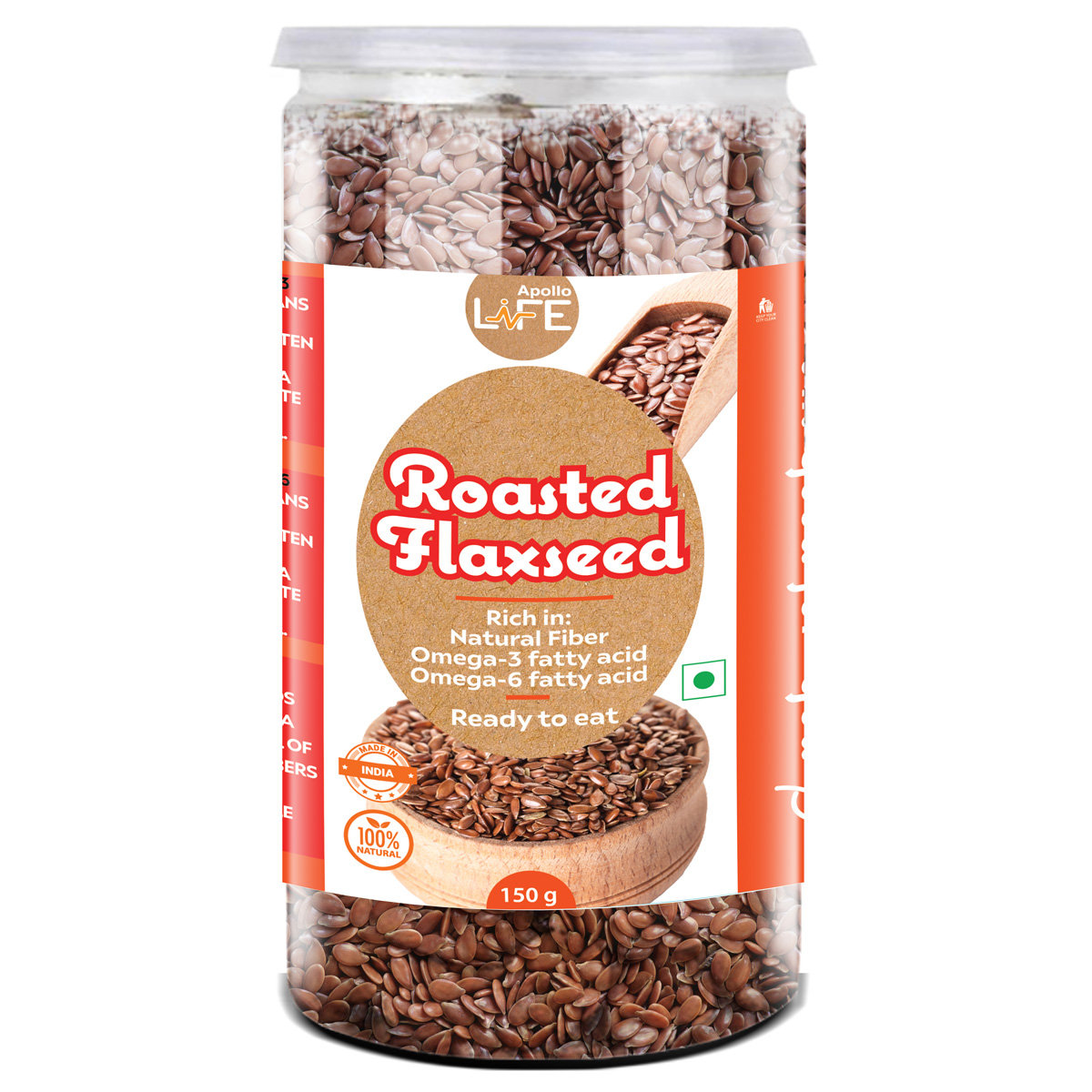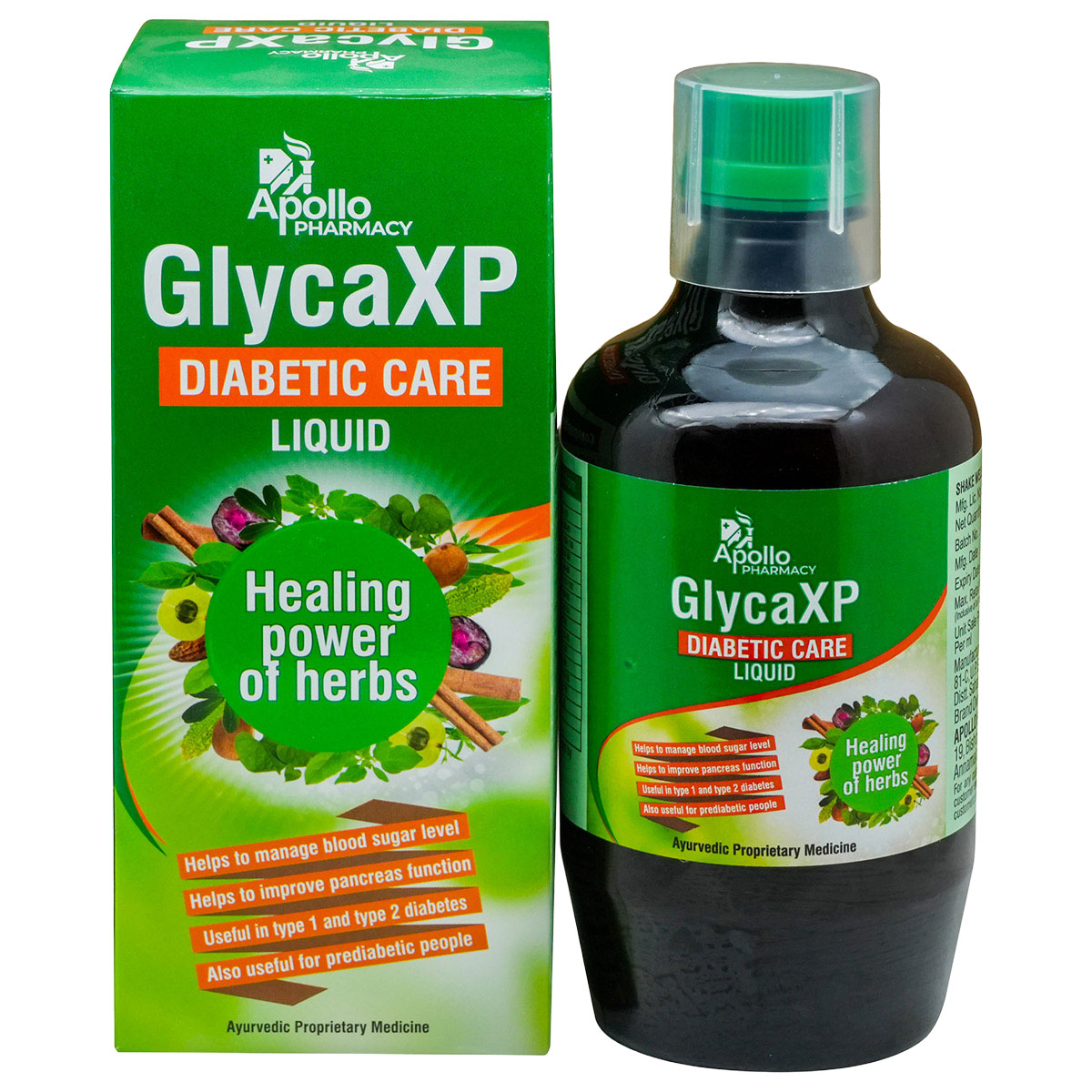G Bay M 50 mg/500 mg Tablet 10's

MRP ₹140.5
(Inclusive of all Taxes)
₹21.1 Cashback (15%)
G Bay M 50 mg/500 mg Tablet is used to treat type 2 diabetes. It contains Metformin and Acarbose, which work by reducing the amount of blood sugar released in the bloodstream by the liver and slowing down the action of intestinal enzymes responsible for the digestion of complex sugars/glucose. Before taking this medicine, inform your doctor if you are pregnant, breastfeeding, taking other medicines or have pre-existing medical conditions.
Know Your Delivery Time
Provide Delivery Location

Secure Payment

India's Most Trusted Pharmacy

Genuine Products
Composition :
Manufacturer/Marketer :
Consume Type :
Return Policy :
Expires on or after :
About G Bay M 50 mg/500 mg Tablet
G Bay M 50 mg/500 mg Tablet is indicated for the management and treatment of type 2 diabetes, especially in people whose sugar levels are too high and cannot be controlled alone by diet and exercise.
G Bay M 50 mg/500 mg Tablet contains Metformin and Acarbose. Metformin works by reducing the amount of blood sugar released in the bloodstream by the liver, and Acarbose works by slowing down the action of intestinal enzymes responsible for the digestion of complex sugars/glucose.
G Bay M 50 mg/500 mg Tablet may cause side effects like diarrhoea, flatulence, and abdominal cramps. Most of these side effects do not need medical attention and will resolve over time. However, consult your doctor if the side effects persist or worsen.
Do not take G Bay M 50 mg/500 mg Tablet if you are allergic to any of its components. Consult your doctor if you are pregnant or breastfeeding. Keep your doctor informed about your health condition and medications to prevent any potential interactions.
Uses of G Bay M 50 mg/500 mg Tablet
G Bay M 50 mg/500 mg Tablet is used for the management and treatment of type 2 diabetes. The detailed uses of G Bay M 50 mg/500 mg Tablet are as follows:
- Type 2 diabetes mellitus: G Bay M 50 mg/500 mg Tablet manages blood glucose levels when diet and exercise are insufficient.
- Postprandial hyperglycemia: G Bay M 50 mg/500 mg Tablet lowers the rise in blood sugar levels after meals by slowing carbohydrate absorption and improving insulin action.
- Diabetes complications: G Bay M 50 mg/500 mg Tablet lowers the risk of problems such as nerve damage, kidney disease, and vision issues due to serious diabetic disorders.

Have a query?
Directions for Use
- G Bay M 50 mg/500 mg Tablet should be taken with meals to prevent stomach upset.
- Follow your doctor's instructions on the dosage and timing of this medication.
- Swallow G Bay M 50 mg/500 mg Tablet as a whole with a glass of water.
- Do not crush, chew, or break it.
Medicinal Benefits
- G Bay M 50 mg/500 mg Tablet helps lower and maintain blood sugar levels in patients with type 2 diabetes not adequately managed by diet and exercise alone.
- Acarbose is an alpha-glucosidase inhibitor which delays the digestion and absorption of carbohydrates in the intestine, preventing sharp rises in blood sugar after meals.
- Metformin is a biguanide which improves glucose tolerance, reduces glucose absorption in the intestine, decreases sugar production in the liver, and enhances glucose utilisation by the body.
- G Bay M 50 mg/500 mg Tablet provides consistent, gradual blood sugar control suitable for long-term use with minimal side effects.
- It helps reduce the risk of diabetes-related complications, including eye damage (diabetic retinopathy), kidney damage (diabetic nephropathy), nerve damage (diabetic neuropathy), delayed wound healing and diabetic foot ulcers.
How G Bay M 50 mg/500 mg Tablet Works
Storage
What if I have taken an overdose of G Bay M 50 mg/500 mg Tablet
Drug Warnings
- Do not take G Bay M 50 mg/500 mg Tablet if you are allergic to any of its components.
- Tell your doctor if you have kidney disease, high ketone levels in blood or urine, heart disease, congestive heart failure, liver disease, or if you are using insulin or other oral diabetes medications.
- G Bay M 50 mg/500 mg Tablet may cause lactic acidosis, which occurs due to the overproduction of lactic acid in the blood. If you notice any symptoms, please tell your doctor.
- You should take small, frequent meals and don't fast while being treated with G Bay M 50 mg/500 mg Tablet .
- If you experience symptoms of hypoglycemia (low blood sugar) like sweating, dizziness, dry mouth, dry skin, palpitations, shivering, intense thirst, frequent urination, etc., immediately take 5-6 candies or honey/sugar and consult with a physician.
- Consult your doctor if you are pregnant or breastfeeding.
- Inform your doctor if you are taking any other medicines, including supplements and herbal products.
Diet & Lifestyle Advise
- Engage in regular exercise like cycling, running, walking, jogging, dancing, or swimming for at least 30 minutes. Try to invest at least 150 minutes weekly in exercise.
- Maintain a healthy body weight to avoid obesity or high blood sugar, which can increase the risk of the onset of diabetes.
- Consume a low-fat and low-sugar diet. Replace carbohydrates with whole grains, fruits, and vegetables, as carbohydrates are changed into sugars, leading to high blood sugar levels.
- Try to avoid potatoes as they are high glycemic foods that increase the risk of high sugar in the blood.
- Limit the consumption of alcohol and quit smoking.
Habit Forming
Therapeutic Class
All Substitutes & Brand Comparisons
RX
Acobose M 50mg/500mg Tablet
₹161
(₹14.49 per unit)
14% COSTLIERRX
Peribite M 50 Tablet 10's
Spectra Therapeutics Pvt Ltd
₹154.5
(₹15.45 per unit)
22% COSTLIERRX
Glubreak M 50/500 Tablet 10's
N Line Healthcare Pvt Ltd
₹154.5
(₹15.45 per unit)
22% COSTLIER
Alcohol
Unsafe
You should avoid consuming alcohol with G Bay M 50 mg/500 mg Tablet as it may lead to high or low blood sugar levels.
Pregnancy
Caution
G Bay M 50 mg/500 mg Tablet is a Category B pregnancy drug that is not recommended for pregnant women or given only under the strict guidance of the doctor, as there is no clinical data available on use in pregnant women.
Breast Feeding
Caution
Avoid nursing your baby while taking G Bay M 50 mg/500 mg Tablet as this medicine may pass in breast milk.
Driving
Safe if prescribed
G Bay M 50 mg/500 mg Tablet does not affect your thinking or driving ability.
Liver
Caution
Inform your doctor if you are dealing with Liver diseases/conditions, as your doctor may adjust the dose as required.
Kidney
Caution
Take G Bay M 50 mg/500 mg Tablet after the recommendation of a doctor, especially if you have a history of Kidney diseases/conditions. The dosing strength needs to be adjusted by your doctor as required.
Children
Unsafe
The use of G Bay M 50 mg/500 mg Tablet is unsafe for children below 12 years.
Heart
Consult your doctor
Please consult your physician if you have any heart-related problems before taking G Bay M 50 mg/500 mg Tablet .
Geriatrics
Consult your doctor
Please consult a doctor before giving G Bay M 50 mg/500 mg Tablet to geriatric patients. Your doctor will prescribe G Bay M 50 mg/500 mg Tablet if the benefits outweigh the risks.
FAQs
G Bay M 50 mg/500 mg Tablet is used for the management and treatment of type 2 diabetes.
Avoid taking digoxin with G Bay M 50 mg/500 mg Tablet , as it may lead to serious drug interaction. Consult your doctor if you need to take both medicines together, your doctor may adjust the dose appropriately to use safely.
G Bay M 50 mg/500 mg Tablet works by reducing the amount of blood sugar released in the bloodstream by the liver and slowing down the action of intestinal enzymes responsible for the digestion of complex sugars/glucose.
G Bay M 50 mg/500 mg Tablet is contraindicated in the condition of diabetic ketoacidosis or lactic acidosis, as it may lead to overload of acids or ketones in your blood, leading to severe life-threatening conditions, as the kidneys may not be able to remove it.
You should try to take small meals at regular intervals and should not skip your meals, as it can help G Bay M 50 mg/500 mg Tablet work more effectively by utilising glucose in the right manner. Fasting is dangerous for a diabetes patient taking G Bay M 50 mg/500 mg Tablet as it would lower the blood sugar level, leading to hypoglycemia.
No, a person should continue taking G Bay M 50 mg/500 mg Tablet as much as the doctor has prescribed for the treatment of type 2 diabetes. You should not stop discontinuing G Bay M 50 mg/500 mg Tablet suddenly, as it may worsen the symptoms of type 2 diabetes and increase the blood sugar level, leading to hyperglycemia.
Country of origin
Manufacturer/Marketer address
Customers Also Bought
Disclaimer
Author Details
We provide you with authentic, trustworthy and relevant information
Buy best Diabetics products by
Torrent Pharmaceuticals Ltd
Intas Pharmaceuticals Ltd
Eris Life Sciences Ltd
Lupin Ltd
Micro Labs Ltd
Sun Pharmaceutical Industries Ltd
Mankind Pharma Pvt Ltd
Alkem Laboratories Ltd
Lloyd Healthcare Pvt Ltd
Cipla Ltd
Macleods Pharmaceuticals Ltd
Abbott India Ltd
Primus Remedies Pvt Ltd
Glenmark Pharmaceuticals Ltd
Aristo Pharmaceuticals Pvt Ltd
Dr Reddy's Laboratories Ltd
USV Pvt Ltd
La Renon Healthcare Pvt Ltd
Wockhardt Ltd
Emcure Pharmaceuticals Ltd
Fusion Health Care Pvt Ltd
Ajanta Pharma Ltd
Ipca Laboratories Ltd
Alembic Pharmaceuticals Ltd
Corona Remedies Pvt Ltd
East West Pharma India Pvt Ltd
Hbc Life Sciences Pvt Ltd
Eswar Therapeutics Pvt Ltd
Zydus Healthcare Ltd
Alteus Biogenics Pvt Ltd
Elbrit Life Sciences Pvt Ltd
Mitoch Pharma Pvt Ltd
Medley Pharmaceuticals Ltd
Ranmarc Labs
Sinsan Pharmaceuticals Pvt Ltd
Msn Laboratories Pvt Ltd
Nirvana India Pvt Ltd
Tas Med India Pvt Ltd
Akumentis Healthcare Ltd
Arkas Pharma Pvt Ltd
Unison Pharmaceuticals Pvt Ltd
Leeford Healthcare Ltd
Acmedix Pharma Llp
Sanofi India Ltd
Q Check Pharmaceuticals
Novo Nordisk India Pvt Ltd
Blue Cross Laboratories Pvt Ltd
Xemex Life Sciences
Neucure Lifesciences Pvt Ltd
Alvio Pharmaceuticals Pvt Ltd
Anthem Bio Pharma
Spectra Therapeutics Pvt Ltd
Sydmen Life Sciences Pvt Ltd
Aareen Healthcare Pvt Ltd
Diacardus Pharmacy Pvt Ltd
Jubilant Lifesciences Ltd
Talent India Pvt Ltd
Edoc Life Sciences Pvt Ltd
Stature Life Sciences Pvt Ltd
Systopic Laboratories Pvt Ltd
Panacea Biotec Ltd
Sanz Pharmaceuticals
Shrrishti Health Care Products Pvt Ltd
Verse Lifesciences
Akesiss Pharma Pvt Ltd
Franco Indian Pharmaceuticals Pvt Ltd
Hicxica Formulations Pvt Ltd
Indoco Remedies Ltd
Lividus Pharmaceuticals Pvt Ltd
Capital Pharma
Elinor Pharmaceuticals (P) Ltd
Saan Labs
Zydus Cadila
Biocon Ltd
Eli Lilly and Company (India) Pvt Ltd
Lippon Pharma Pvt Ltd
MERAKI HEALTH
Remedy Life Sciences Pvt Ltd
Koye Pharmaceuticals Pvt Ltd
Morepen Laboratories Ltd
Eysys Pharmaceutical Pvt Ltd
MEDICAMEN BIOTECH LTD
Atos Lifesciences Pvt Ltd
Azkka Pharmaceuticals Pvt Ltd
Converge Biotech Pvt Ltd
Erinyle Health Care Pvt Ltd
Elder Pharmaceuticals Ltd
FDC Ltd
Heal (India) Laboratories Pvt Ltd
Knoll Healthcare Pvt Ltd
Jarun Pharmaceuticals Pvt Ltd
Opsis Care Lifesciences Pvt Ltd
Vasu Organics Pvt Ltd
Wallace Pharmaceuticals Pvt Ltd
CADOMAX HEALTHCARE PVT. LTD
Cadomed Pharmaceuticals India Pvt Ltd
Daylon healthcare pvt Ltd
Lincoln Pharmaceuticals Ltd
Medicure Life Sciences Pvt Ltd
Olcare Laboratories Pvt Ltd







